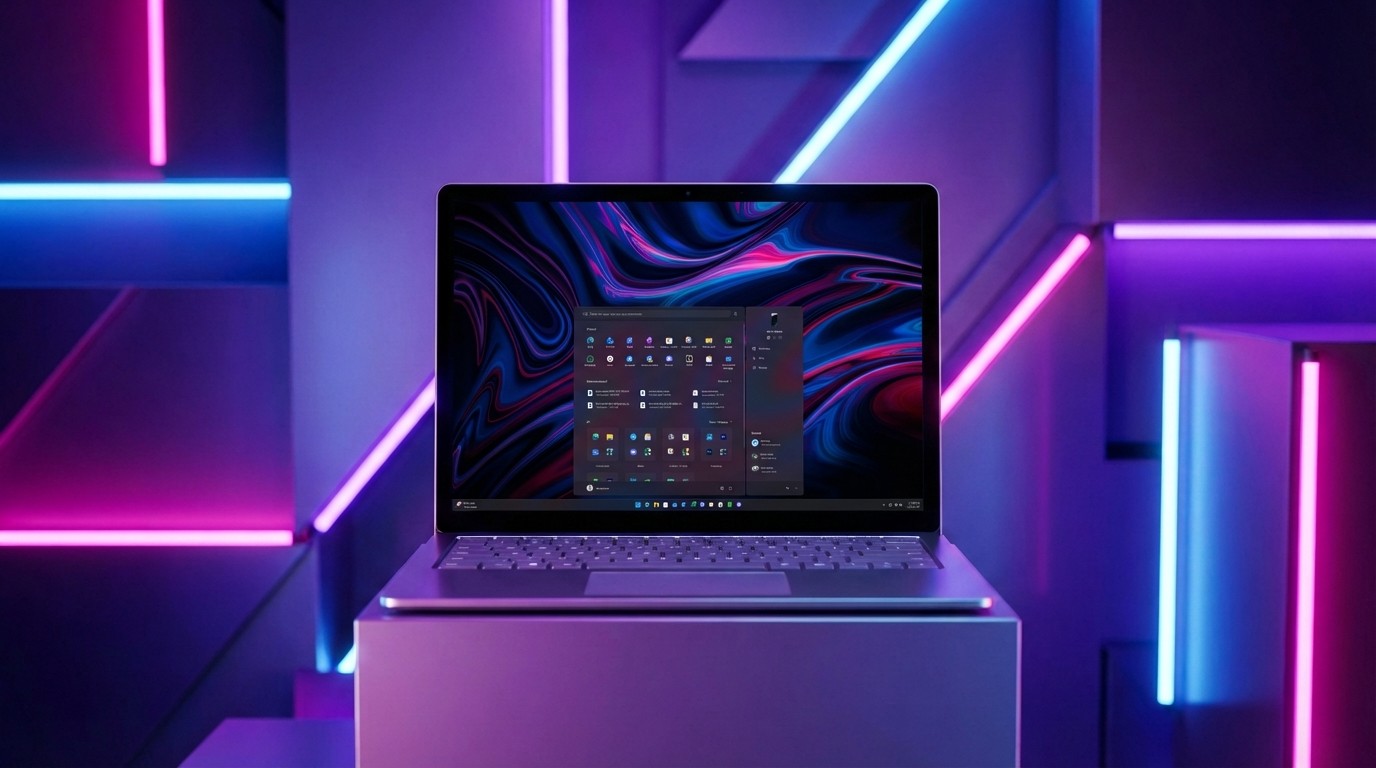Details surface on how the UK government is looking to address weak 2G signal issues

All the latest news, reviews, and guides for Windows and Xbox diehards.
You are now subscribed
Your newsletter sign-up was successful
The UK government still wishes to address problems with cellphone coverage across the UK, and details on how it wants carriers to do this have been shared today. In certain areas of the country, consumers find themselves with little to no connectivity, and while National Roaming has been touched on numerous times, it was rejected by major operators. The government has come up with some other ideas.
The networks have thus far failed to provide a viable solution, which led to threats of new legislation being forwarded by the government to ensure the public receive a stable service. So just what has the government proposed?
- National roaming - phones would use another network when theirs was unavailable, similar to how roaming works when abroad
- Infrastructure sharing - mobile networks would be able to put transmitters on each other's masts
- Reforming virtual networks - agreements that companies such as Tesco and Virgin currently have with single operators would be extended to all four networks
- Coverage obligation - obliging the networks to cover a certain percentage of the UK - and leaving them to decide how to do it
It's interesting to note that the government is only tackling 2G connectivity for the time being, though both 3G and even 4G can prove to be a sketchy experience. The government has given the industry, businesses and the public until November 26 to respond to the above proposals.
Culture Secretary Sajid Javid has not only received complaints from networks that such measures would drastically reduce the incentive to invest in national infrastructure, but Home Secretary Theresa May has also noted that enabling roaming between carriers would hamper efforts to effectively track criminals and terrorists.
A report published by Open Signal looks at how strong (or weak) available signal coverage is up and down the UK. There are some interesting findings:
- 3G and 4G coverage is strongest in London, weakest in Wales
- Three had the best 3G nationwide coverage while Vodafone came out at rock bottom
- Vodafone offered the fastest 4G speeds, Three the slowest and had the worst coverage, while EE had the best 4G coverage
It's clear networks have some way to go until the UK has stable mobile coverage so everyone can make calls, send SMS messages and access the web. Plans as to how the companies will go about doing this is what the UK government hoped the carriers would come up with. As noted above, the government is giving the industry until November 26 to respond to the proposals.
Source: BBC
All the latest news, reviews, and guides for Windows and Xbox diehards.

Rich Edmonds was formerly a Senior Editor of PC hardware at Windows Central, covering everything related to PC components and NAS. He's been involved in technology for more than a decade and knows a thing or two about the magic inside a PC chassis. You can follow him on Twitter at @RichEdmonds.
